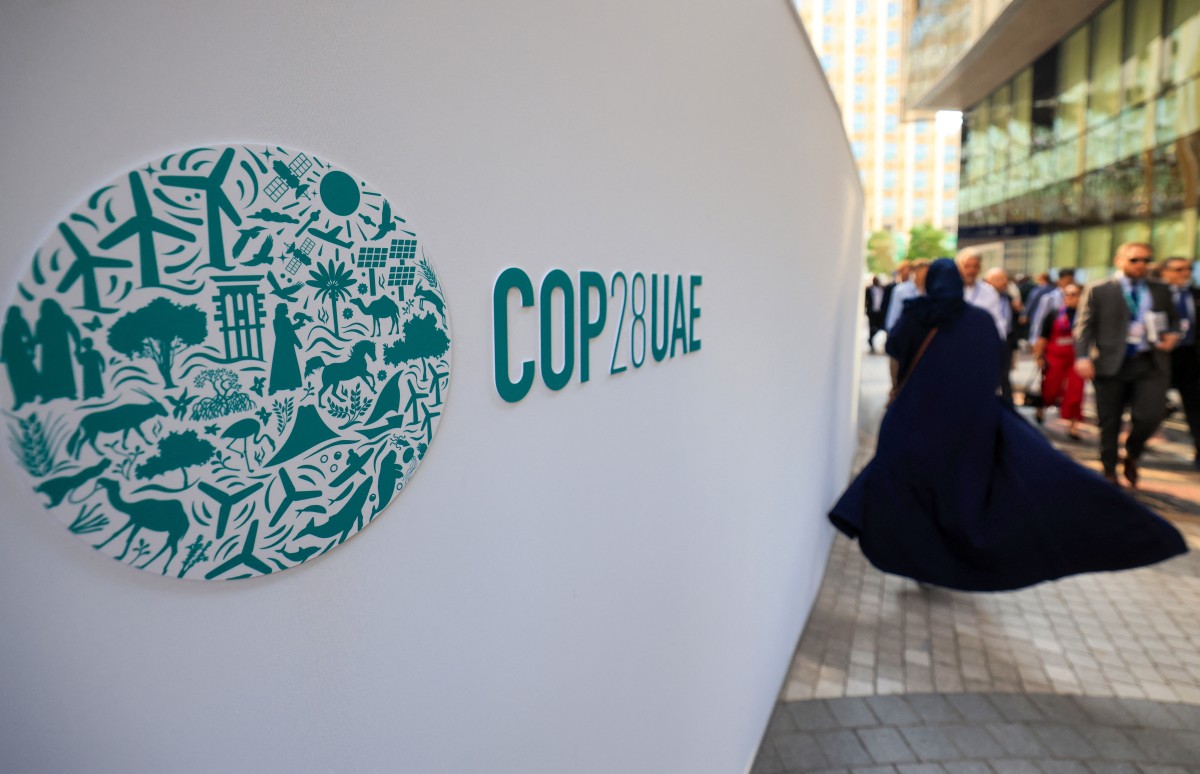Dubai, UAE – The UAE announced the launch of the Industrial Decarbonization Roadmap at COP28 on Tuesday with the aim of reducing industrial carbon emissions by 2.9 gigatonnes cumulatively until 2050.
Focusing on manufacturing and hard-to-abate sectors, including cement, iron, steel and aluminium, the strategic initiative reflects the country’s commitment to climate action and achieving sustainability goals.
The Ministry of Industry and Advanced Technology has built the roadmap alongside strategic partners in the government and private sectors. It was created in line with the UAE’s Net Zero 2050 by strategic initiative, as well as the UAE’s third update of the Nationally Determined Contribution (NDC) under the Paris Climate Agreement and the UN Framework Convention on Climate Change.
“For three decades, the UAE under the vision of its leadership has been a global leader in climate action,” Sarah bint Yousef Al Amiri, Minister of State for Public Education and Advanced Technology, said. “The country was the first in the region to sign the Paris Agreement, and the first to announce a strategic initiative to achieve net zero by 2050. COP28 represents a continuation of our efforts to achieve a phased energy transition of all sectors.”
Al Amiri continued” “The roadmap focuses on the development and adoption of advanced technology to drive a phased carbon reduction of 93 percent by 2050 across the national industrial sector. It includes a set of pathways around monitoring and addressing challenges as well as developing and adopting the latest technologies. It also focuses on promoting the competitiveness and development of the national industrial sector.”
The roadmap comprises three phases: The first aims to reduce emissions by 5 percent by 2030, while the second targets a 63 percent reduction by 2040. Through the scaling and decreasing cost of technologies, emissions reduction is expected to reach 93 percent by 2050.
The ministry and its partners have examined and evaluated the feasibility of more than 50 advanced technologies and innovative solutions. These include clean electricity, carbon capture, utilization and storage (CCUS), manufacturing efficiency, alternative fuels, recycling, clinker substitutes, and hydrogen.
Within the roadmap, there are separate decarbonization timelines for different hard-to-abate sectors, including iron, steel, aluminium, cement, and petrochemicals. Various technologies are mapped against the different industries, based on how much each solution could contribute to decarbonization in that particular sector.
The roadmap indicates that CCUS, clean electricity and efficiency enhancements alone could be responsible for a 70 percent carbon reduction by 2050, with the remaining 23 percent made up by other solutions. The action plan set out in the roadmap will cut 90 million tons of carbon dioxide annually. Clean electricity alone could contribute to 41 percent of the targeted reduction by 2050.








